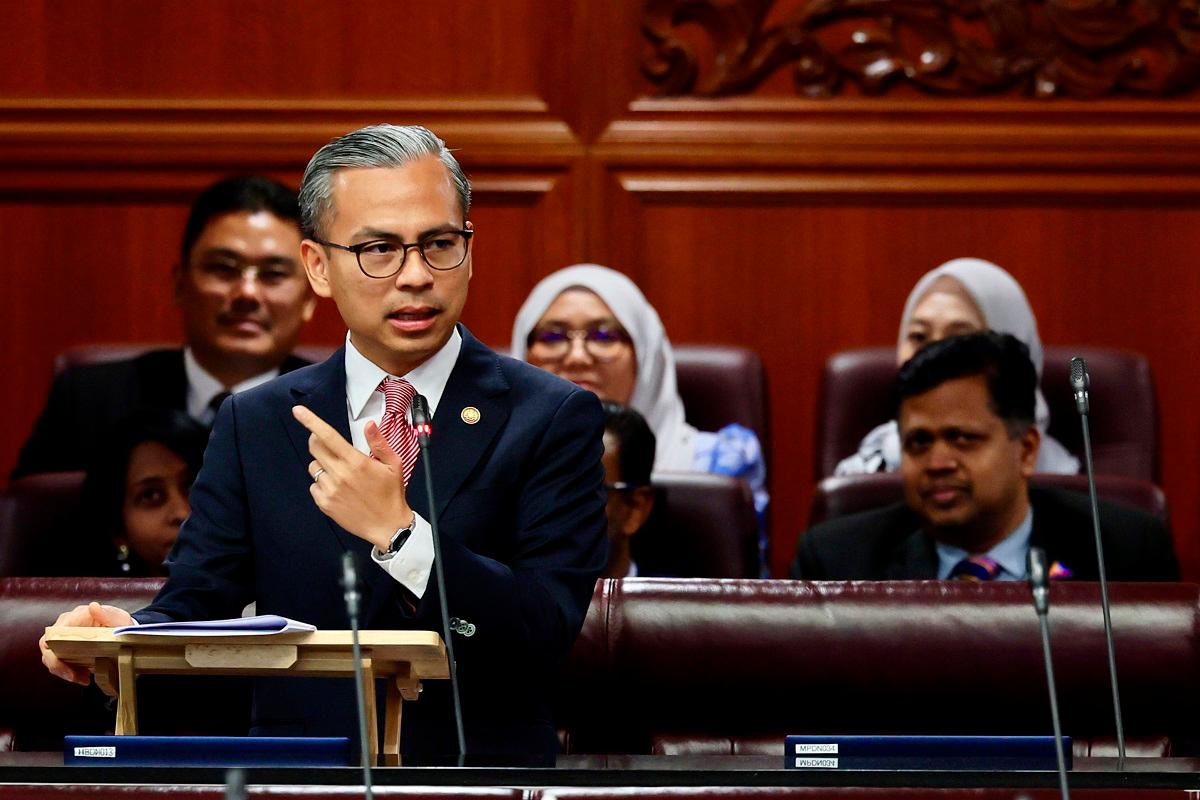KUALA LUMPUR: Several social media platforms have failed to fully comply with directives to remove manipulative and fraudulent content generated through artificial intelligence.
Communications Minister Datuk Fahmi Fadzil revealed that between January 1 and August 31 this year, the Malaysian Communications and Multimedia Commission submitted 1,602 takedown requests for AI-based scam content.
Only 1,346 of these requests were actioned, reflecting a compliance rate of approximately 84%.
“From MCMC’s observation and my own, social media platforms are not taking online safety issues involving AI content seriously,“ he said during question time at the Dewan Negara.
He noted that even His Majesty the Yang di-Pertuan Agong and the Prime Minister had fallen victim to deepfake scams promoting investment schemes.
Fahmi was responding to Senator Rita Sarimah Patrick Insol’s query about AI-related scam cases and public awareness measures over the past two years.
Given the urgent need for stronger legal enforcement, the government will enforce the Online Safety Act 2025 by the end of this year or early 2026.
The act will require all social media and online messaging platforms to label AI-based content with identifiers such as “AI Generated” or “AI Enhanced”.
“While we acknowledge that AI can improve visuals, we do not want it to be misused for scams that ultimately cause losses to the public,“ he added.
Act 866 will also require service providers to submit online safety plans as proof of compliance.
MCMC is studying the possibility of imposing licensing requirements on applications that use artificial intelligence.
To combat digital crime more effectively, the government has established the National Scam Response Centre led by the Royal Malaysia Police.
The centre operates in collaboration with the Communications Ministry, the Home Ministry, Bank Negara Malaysia and MCMC.
NSRC serves as a rapid response hub for digital scam cases while conducting public awareness programmes and national campaigns on digital crime.
Fahmi also highlighted that MCMC’s Safe Internet Campaign has reached 1,958 educational institutions with over 145,000 participants since January.
Additionally, 236 community programmes have been conducted involving more than 141,000 participants as of August 31. – Bernama









